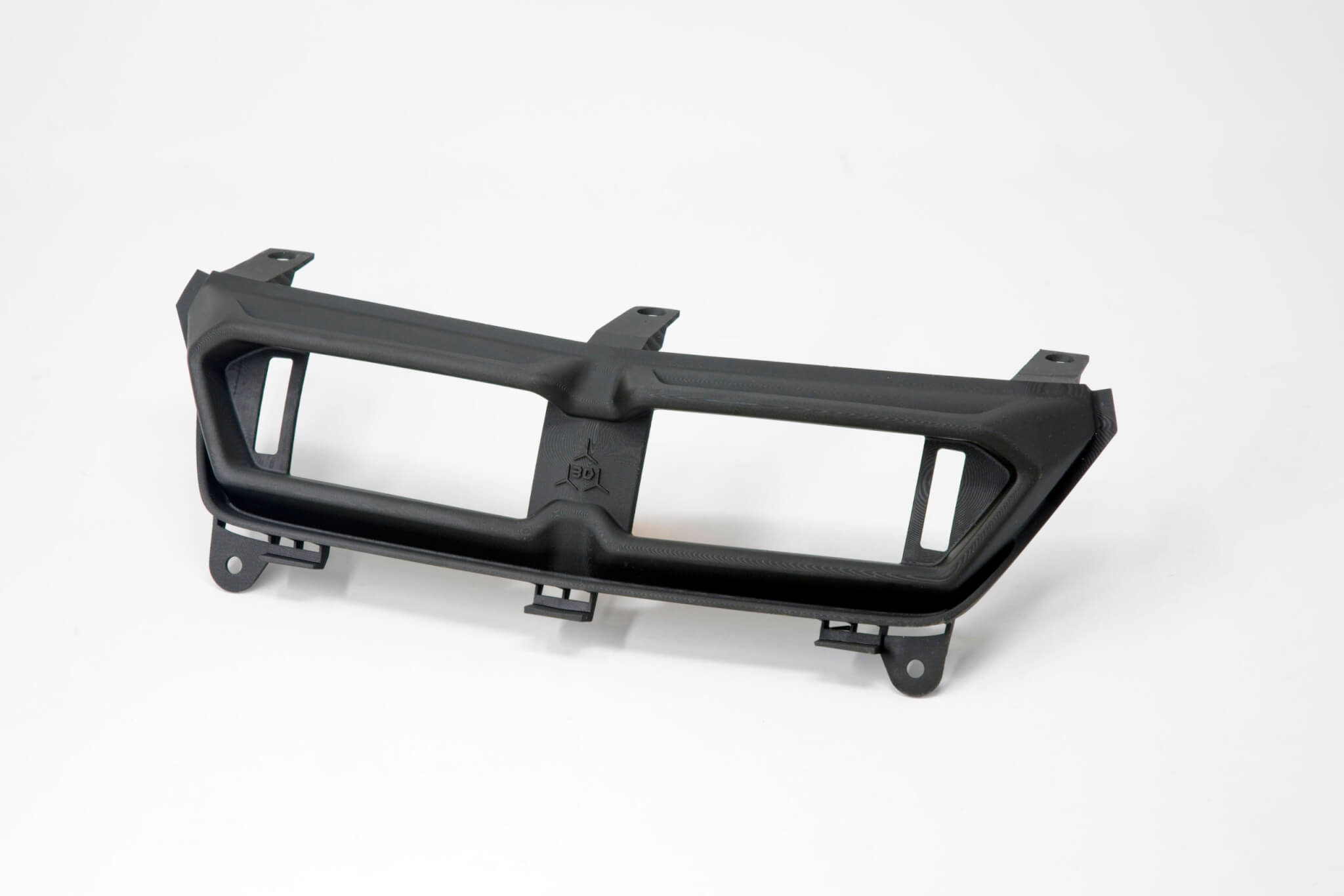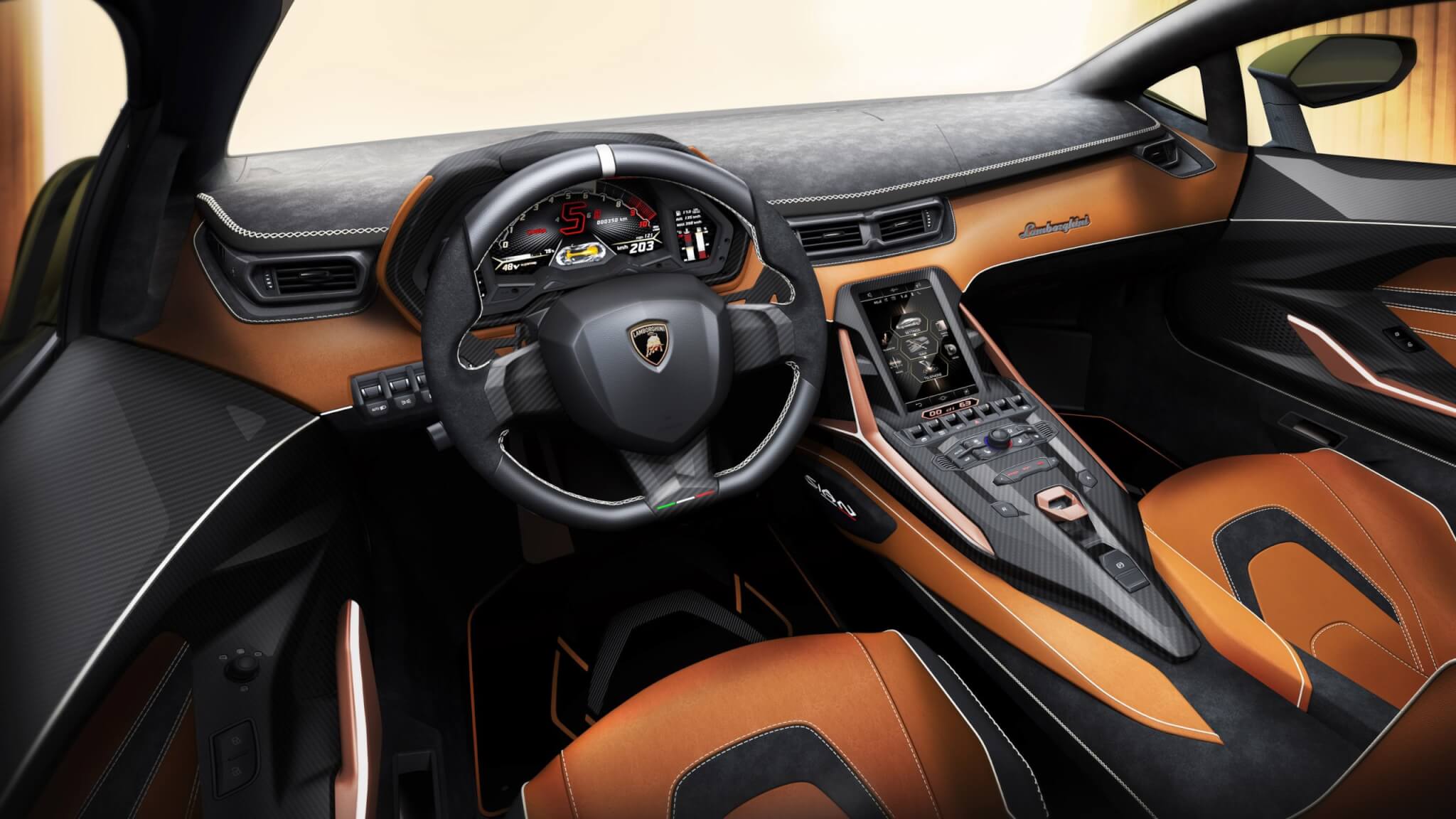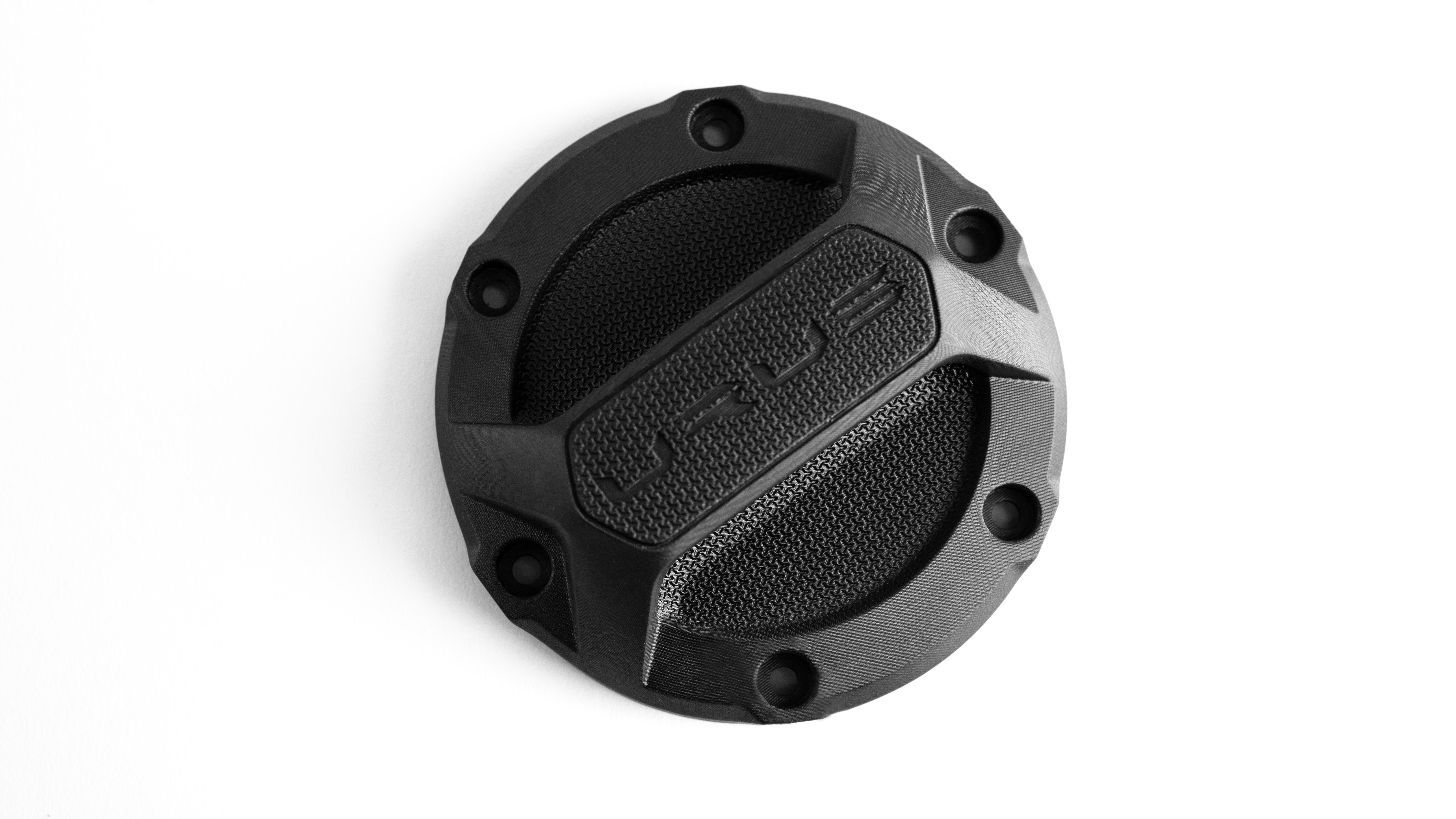Carbon, the Silicon Valley-based firm behind Digital Light Synthesis (DLS) technology, has expanded its partnership with luxury car manufacturer Lamborghini. Under the extended terms, Carbon will apply its 3D printing technology to manufacture the central and lateral dashboard air vents for Lamborghini’s first hybrid production car, the Sián FKP 37.
“We wanted to give our designers and engineers the ability to produce better parts, and we can do this by leveraging Carbon DLS technology,” said Stefan Gramse, Chief Procurement Officer at Automobili Lamborghini. “We were also able to simplify the supply chain and reduce the time-to-market for these parts.”
“Moving forward we are putting more effort and resources on using additive manufacturing technologies for the production of parts for Lamborghini vehicles, and in working with Carbon, we have found a partner that shares our vision for creating best-in-class products that push the limits of what’s possible.”

Carbon and Lamborghini
Earlier this year, Lamborghini partnered with Carbon to produce 3D printed textured fuel caps and air duct clip components for the Urus Super vehicles. Following the successful manufacturer of these parts, Lamborghini sought to further optimize its product development.
By 3D printing the Sián FKP 37 air vents, the company is reducing its part lead time by 12 weeks. The air vents are made from Carbon’s industrial-grade material EPX 82. The material passed tests related to Interiors Flammability, Volatile Organic Compounds, Thermal Cycling and Heat Aging. Paul DiLaura, VP of Enterprise Partnerships at Carbon, explained:
“Lamborghini has exacting standards for quality and performance, and we are pleased to demonstrate how the Carbon Digital Manufacturing Platform makes it possible for our customers to create parts at a speed, quality and cost not possible with other manufacturing techniques.”

Applying Digital Light Synthesis
Carbon’s proprietary technology, DLS is enabled by Continuous Liquid Interface Production (CLIP). This process uses digital light projection, oxygen-permeable optics, and resins to produce high-quality and geometrically complex parts that are difficult to mold. According to Maurizio Reggiani, CTO at Automobili Lamborghini, this process has positively affected the company’s product development.
“With the Carbon Digital Manufacturing Platform, we were able to go from an initial concept to showing the final part on a show car in only three weeks, passing through many different design iterations to get the best result. Just three months later, we were able to move into production.”

Keep up with the latest 3D printing news by subscribing to the 3D Printing Industry newsletter, follow us on Twitter and like us on Facebook.
Looking for an opportunity in the 3D printing industry? Visit 3D Printing Jobs to commence your career in additive manufacturing.
Featured image shows the Interior Design with digitally manufactured EPX 82 parts. Photo via Carbon.


